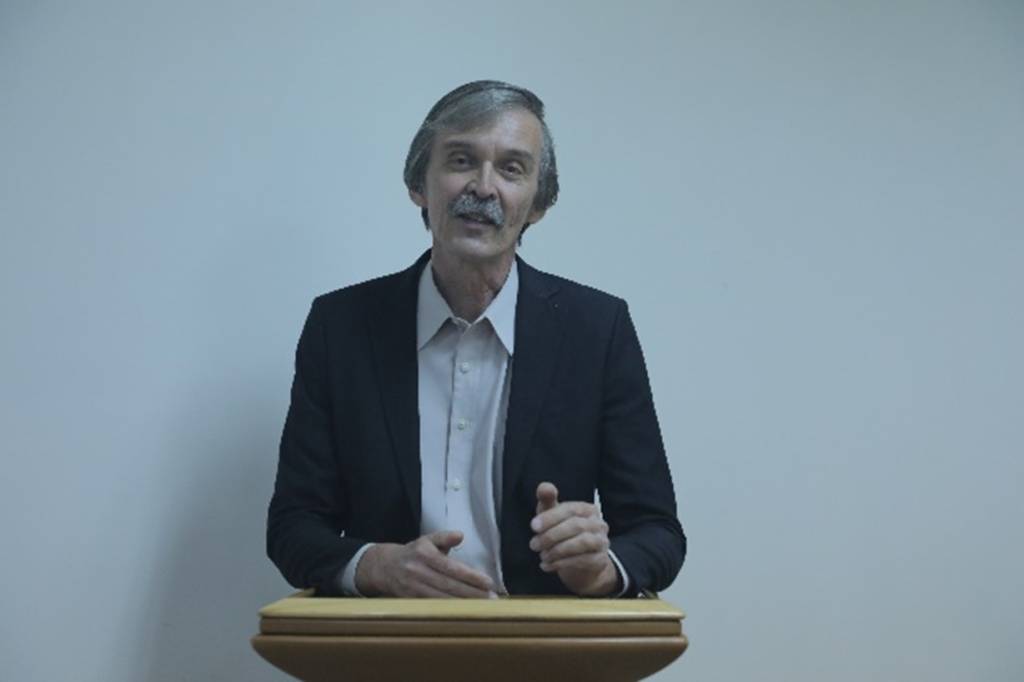EU and Central Asia: An economic breakthrough following the Samarkand Dialogue

Tashkent, Uzbekistan — The first "Central Asia – EU" summit, held on April 3–4, 2025, in Samarkand, marked a pivotal moment in the development of interregional cooperation.
According to Dmitry Trostyansky, a leading research fellow at the Institute for Strategic and Regional Studies (ISRS), this event represents the culmination of years of effort by participating countries to deepen mutually beneficial cooperation and solidify previously reached agreements. In the context of a rapidly evolving global architecture, the summit has the potential to inject fresh momentum into the economic and political dialogue between Central Asia and the European Union.
This view is shared by the President of the Republic of Uzbekistan, Shavkat Mirziyoyev, who stated in an exclusive interview on the eve of the summit that the "Central Asia – EU" partnership is a unique platform uniting the 27 EU member states, including three G7 countries, and opening new opportunities for collaboration with Central Asia.
Delving into the trade and economic dimension of this cooperation, it is worth noting that the European Union is developing a strategic partnership with Central Asia with a strong focus on transport, logistics, and energy programs. These initiatives are enhancing connectivity between Central Asian countries and the EU, enabling the diversification of external economic relations and attracting additional investment into regional infrastructure and economies.
The positive trajectory of trade relations underscores the success of these efforts. Over the past seven years, trade turnover between the EU and Central Asia has quadrupled, reaching 54 billion euros—a clear indication of growing trust and strategic convergence. This growth is driven by the complementarity of the two regions’ economies: Central Asia primarily exports chemical and mineral products, as well as metals and metal goods, which make up 92% of its exports to the EU, while imports from the European Union consist mostly of industrial and transport equipment, chemical products, and household appliances (accounting for 70% of imports). This trade structure is particularly important at the current stage of industrial modernization and integration into global value chains.
The positive dynamics are especially notable in relations between Uzbekistan and the EU. Between 2020 and 2024, bilateral trade turnover increased by 1.6 times, reaching 6.4 billion euros. Particularly remarkable is the 4.1-fold increase in exports to the EU. A key milestone in strengthening these ties was Uzbekistan’s accession to the EU’s Generalised Scheme of Preferences Plus (GSP+) in April 2021, which provided preferential conditions for the export of more than 6,000 product types. The extension of the GSP+ program until the end of 2027, approved by the European Council in November 2023, opens additional opportunities for deepening cooperation.
Investment activity has also grown. More than 1,000 enterprises with European capital are now operating in Uzbekistan, including 610 fully owned by EU investors. By the end of 2024, the portfolio of joint projects with European companies reached an impressive 30 billion euros. Among Uzbekistan’s leading EU trading partners are Germany (US$1.2 billion), France (US$1.1 billion), Lithuania (US$599 million), Italy (US$438 million), and the Czech Republic (US$434 million). These accomplishments underscore the strategic significance of the Uzbekistan–EU partnership and lay a solid foundation for further growth in mutual trade and investment.
Against this backdrop, the European Union is actively expanding cooperation with all Central Asian countries, making this one of the core themes of the Samarkand summit. Discussions focused on prospects for cooperation in areas such as transportation, digital connectivity, strategic raw materials, economic and energy security, and the transition to clean energy sources. These initiatives reflect the EU’s commitment to strengthening its partnership with the region and creating a sustainable platform for long-term collaboration.
Economic cooperation was a central focus in the address delivered by President Mirziyoyev. He emphasized that the main indicator of effective collaboration between the EU and Central Asia should be the volume of investments directed toward economic and technological modernization. This approach reflects a pragmatic vision of partnership development, prioritizing tangible economic outcomes that ensure the region’s long-term resilience.
The upcoming Tashkent Investment Forum, organized in partnership with the European Bank for Reconstruction and Development, is expected to become a key venue for realizing this strategy. Of particular importance is the President’s proposal to hold a dedicated session on EU–Central Asia investment opportunities and to present the concept of a regional industrial park for European companies in Uzbekistan.
These initiatives are of strategic importance and aim to tackle several objectives at once: strengthening economic ties between the EU and Central Asia, encouraging inflows of foreign direct investment, and advancing regional infrastructure development. The proposed industrial park could become a vital tool for integrating European technologies and standards into Central Asian economies, while also fostering job creation and enhancing regional competitiveness.
President Mirziyoyev also announced a number of new initiatives aimed at bringing the economic interests of both regions closer. These include the conclusion of a multilateral investment protection agreement, the creation of a "Central Asia – EU" Chamber of Commerce, the launch of a support program for small and medium-sized enterprises (with a special focus on women-led businesses), and the establishment of product certification laboratories aligned with European standards. These measures are designed to boost the private sector, increase the region’s export potential, and simplify access to the EU market.
The implementation of such initiatives—supporting small and medium-sized businesses, developing transport corridors, and cooperating in the field of critical minerals—will create the conditions necessary for the region’s economic modernization. These efforts reinforce Central Asia’s role as a key EU partner, opening new pathways to sustainable growth and enhancing the region’s global competitiveness.
Next

Tashkent, Uzbekistan — Central Asia’s foreign policy vector towards Europe has gained new momentum following the summit held in Samarkand. Importantly, this was not just another routine event in the diplomatic calendar of Central Asian states and the European Union.
05.04.2025





